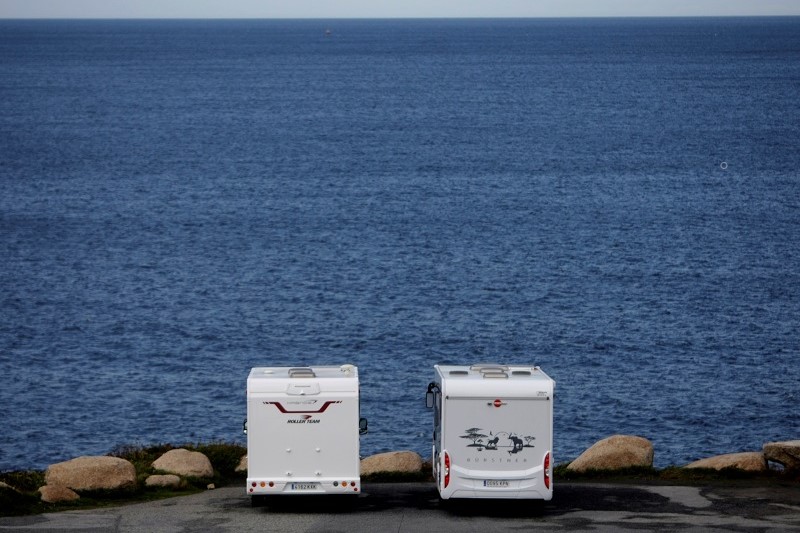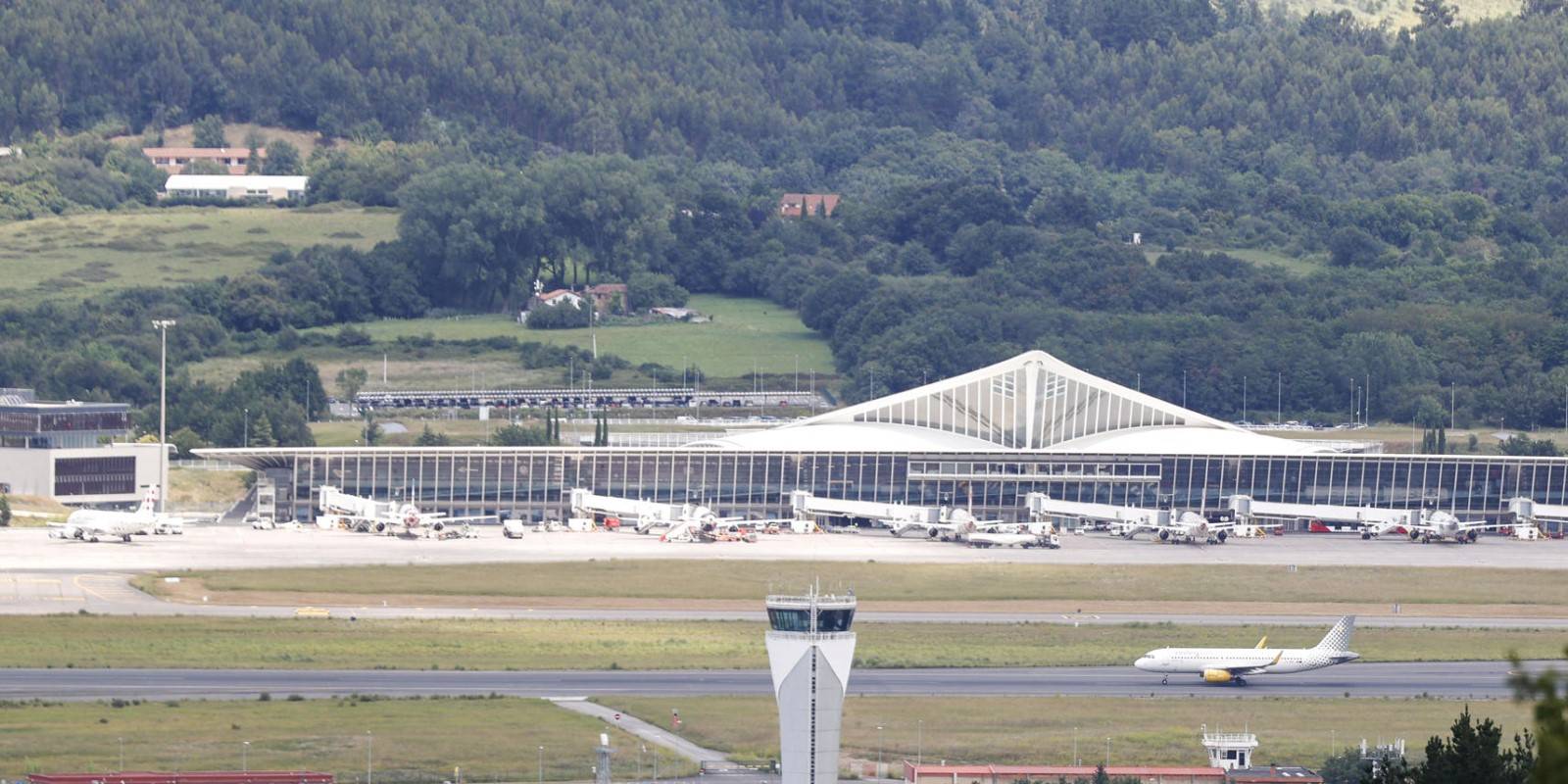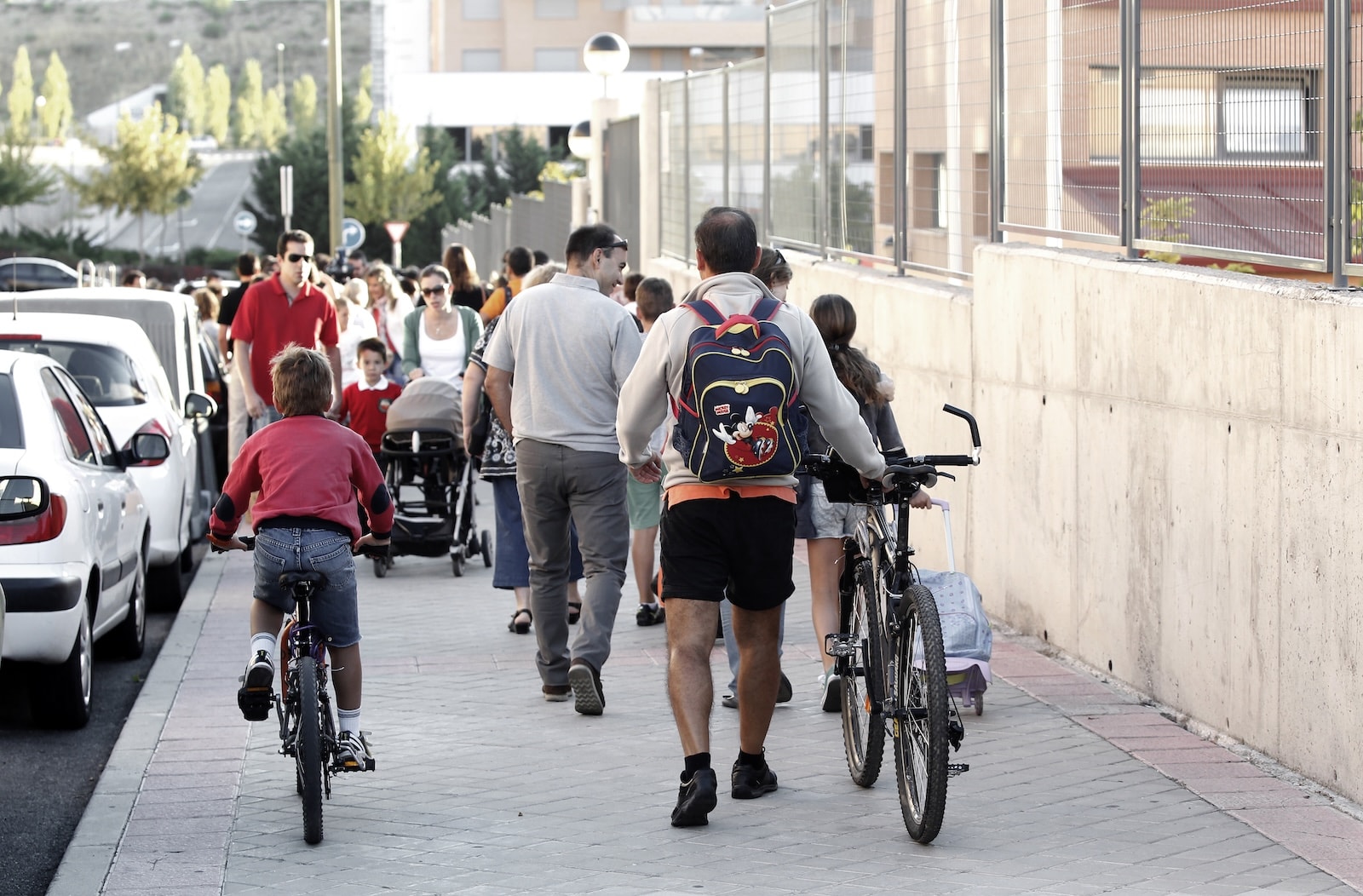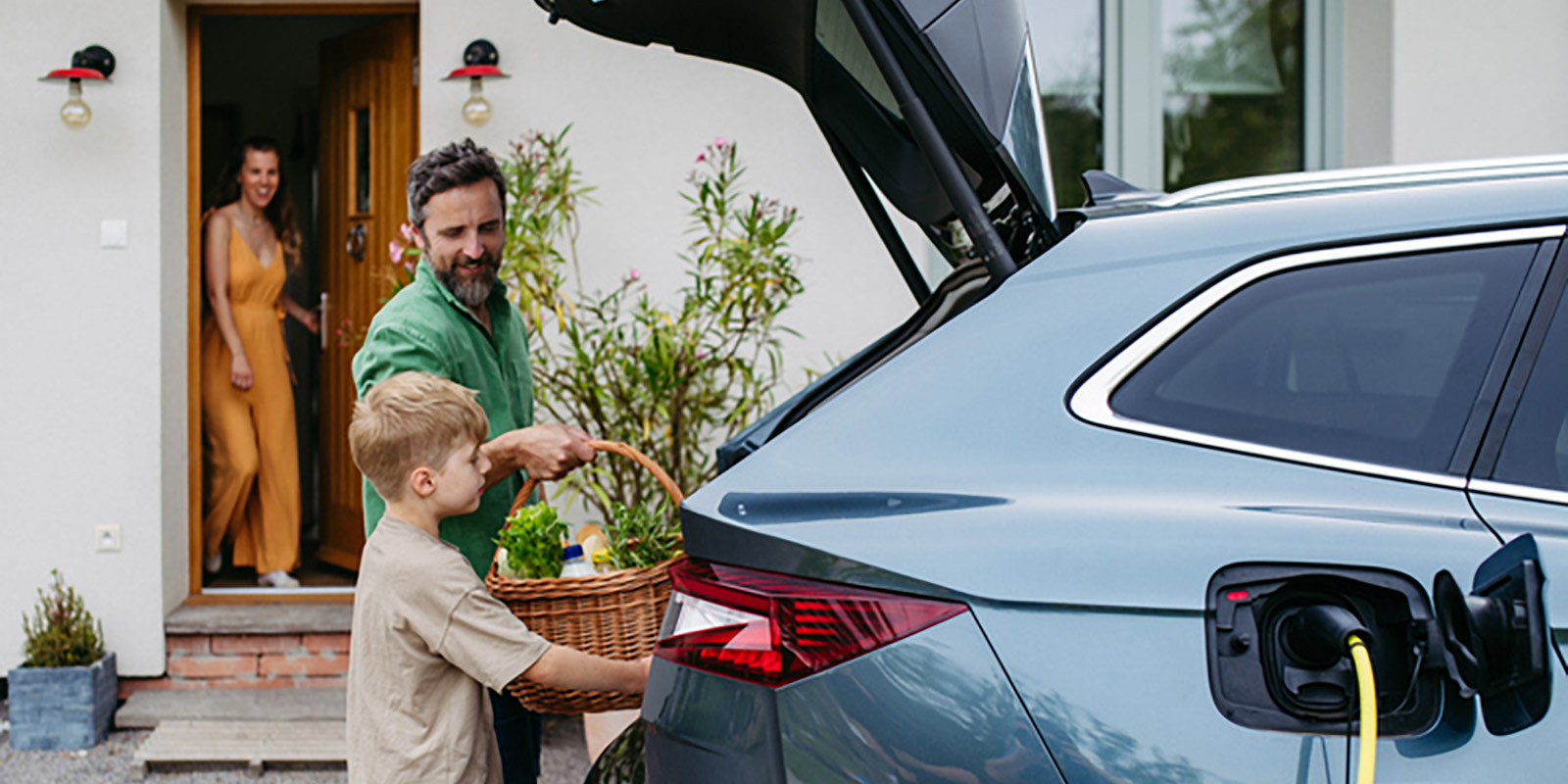Tuesday, August 1, 2023
Summer travel will be massive for another year and the question is whether a balance can be created between satisfying traveler needs and lowering the environmental impact.
By Javier Muñoz. Photo by Luis Tejido (EFE)
After the pandemic lull, the summer looks set for record expectations in travel and occupancy. Therefore, it is everyone's responsibility to ensure that sustainable mobility is not on hiatus during vacations.
The Traffic Department (DGT) forecasts almost one hundred million long-distance trips between July and August. Meanwhile, intercity bus services will increase their services by more than 40% this summer and car rentalcompanies intend to recover their pre-covid activity level.
Meanwhile, airlines have scheduled 221.8 million seats and close to 1.3 million commercial operations at Spanish airports this summer, while the liberalization of the rail sector with two new operators, Ouigo and Iryo, in addition to Renfe, will mean an 11% increase in train traffic over the summer period.
All of this has led travel agencies to report a 15% increase in the number of reservations versus 2022 to exceed 80% occupancy. In view of these forecasts, the president of the Corporate Association of Specialized Travel Agencies (ACAVE), Jordi Martí, confirmed the "total recovery" of both the outbound and inbound sectors, which also surpasses record years. This milestone is achieved despite rising prices, since, in Martí's words, Spaniards sacrifice other expenses, "But vacations are sacred".
Reduce our environmental impact
However, given this forecast, it is essential to question the environmental Impact so much movement will have, and how to minimize it. Progressive sustainable mobility measures are varied and involve both individual and public actions.
Some of these include the implementation of measures that force vehicles to travel at moderate speeds, known as traffic calming, which makes it safer for pedestrians, bicycles and cars to coexist. At the same time, there are formulas to promote public and non-motorized transport, while also managing the distribution of goods sustainably.
Increased public transportation is a goal shared by the vast majority of the world's governments, but their management is complicated both by the high cost and because of the difficulty making the service efficient when covering long distances or
with heavily congested traffic.
In turn, the world's airlines, which are responsible for 2% of total global atmospheric emissions and represent 13% of the transportation sector, are committed to achieving zero emissions by 2050.
To achieve this goal, the solution is to focus sustainable aviation fuel (SAF), a type of fuel used in air transport that will reach 2% use in 2025, 6% in 2030 and 70% in 2050. Some companies - such as Iberia, Iberia Express, Air Nostrum, Vueling, Binter, Etihad, TUI, Wizz Air and Volotea - have announced agreements with Cepsa to promote the use of these biofuels, which are renewable and have the same energy value as the kerosene currently used, most of which is produced from organic waste, thus promoting the circular economy by encouraging the reuse of resources.
In addition, these biofuels reduce aircraft emissions by up to 90% compared to conventional kerosene.
On the other hand, the race towards electrification is already underway with a target of 2030 and a forecast of five million electric vehicles circulating in Spain, according to AEDIVE. For the time being, charging stations can be found through Google Maps, as indicated by RACE, in addition to taking into account the different types of chargers currently available.
Green tourismGreen tourism is an attitude the population must gradually become aware of through activities linked to health and wellness. Correspondingly, institutions, companies and agencies in the sector, and in the transportation sector, must progressively incorporate sustainable mobility as an important aspect of their tourism offerings.
Among the obvious improvements in mobility, carsharing, a car-sharing service that introduces a new concept of travel, is notable. It is based on a fleet of member-owned vehicles who pay only for the hours and kilometers they drive. Users benefit from an alternative to the private vehicle, eliminating fixed costs such as taxes and insurance, or maintenance, parking or cleaning.
Motorhomes are another tourist alternative, and people living their golden age are the campers, accounting for one third of the sales of these mobile homes. Their inhabitants are committed to the environment, with advances in sustainability and carbon footprint reduction.

Photo by Cabalar(EFE)
Meanwhile, nautical tourism is experiencing unprecedented growth, with imaginative solutions that permit lower costs while maximizing occupancy. Something similar to a blablacar on a sailboat or catamaran, in which most users travel alone or in pairs and join others to fill the three or four cabins that most boats have. "It's the easiest and most affordable way to sail if you don't want to buy or rent a boat," the Spanish startup Sailwiz explains.
In this context, and to analyze the sector's challenges, Madrid will host the second edition of the Global Mobility Call, the most important fair related to sustainable mobility, from October 24 to 26 at Ifema.
This edition will address everything from renewable energy to innovation, including public transportation, logistics and distribution of goods, in order to give voice to the interests and needs of the entire sectoral, business and institutional network that makes up the value chain of transportation and mobility.
¿Te ha parecido interesante?





